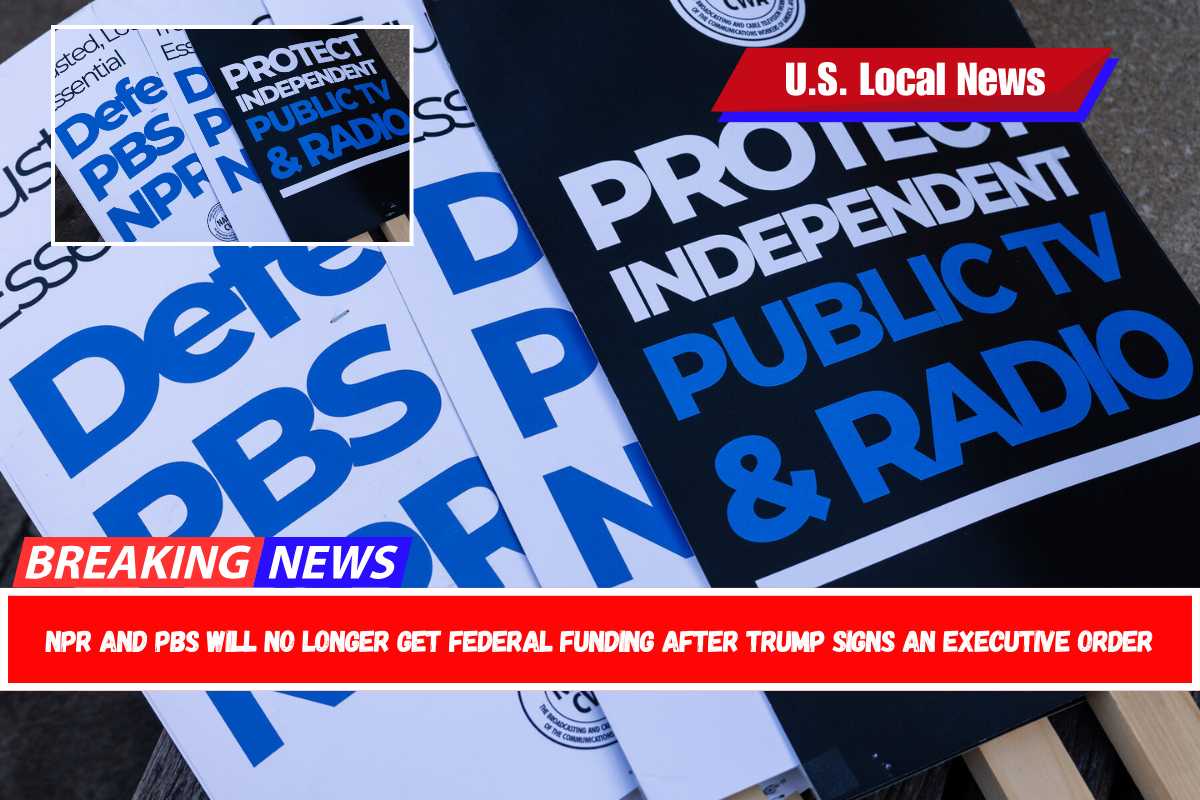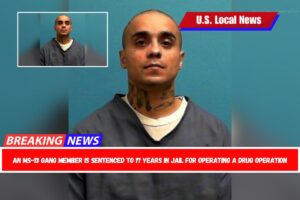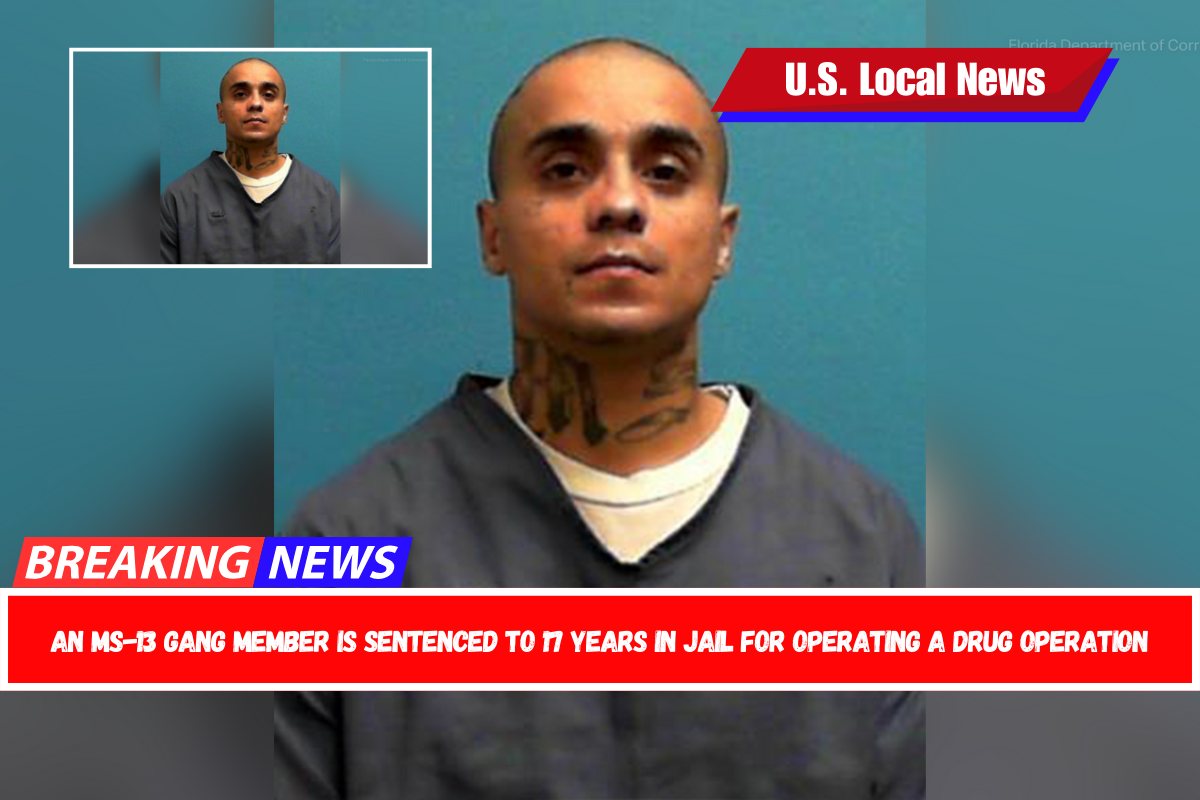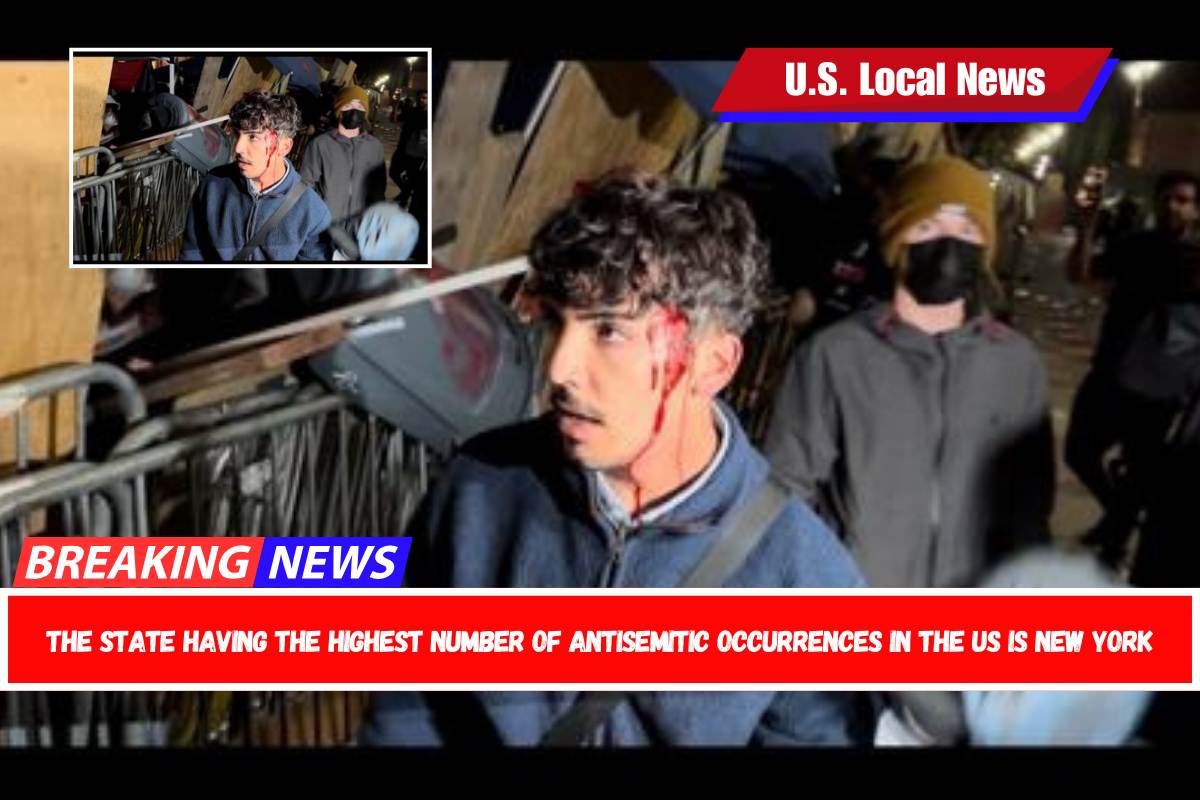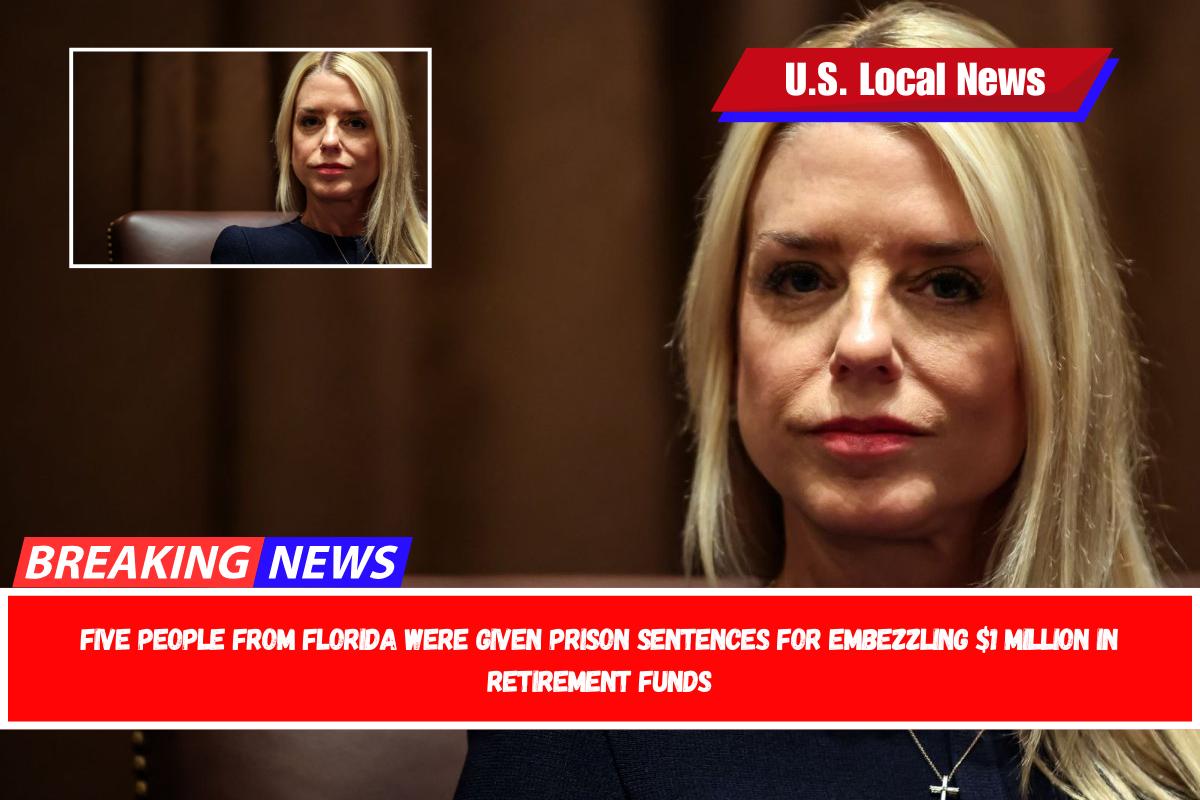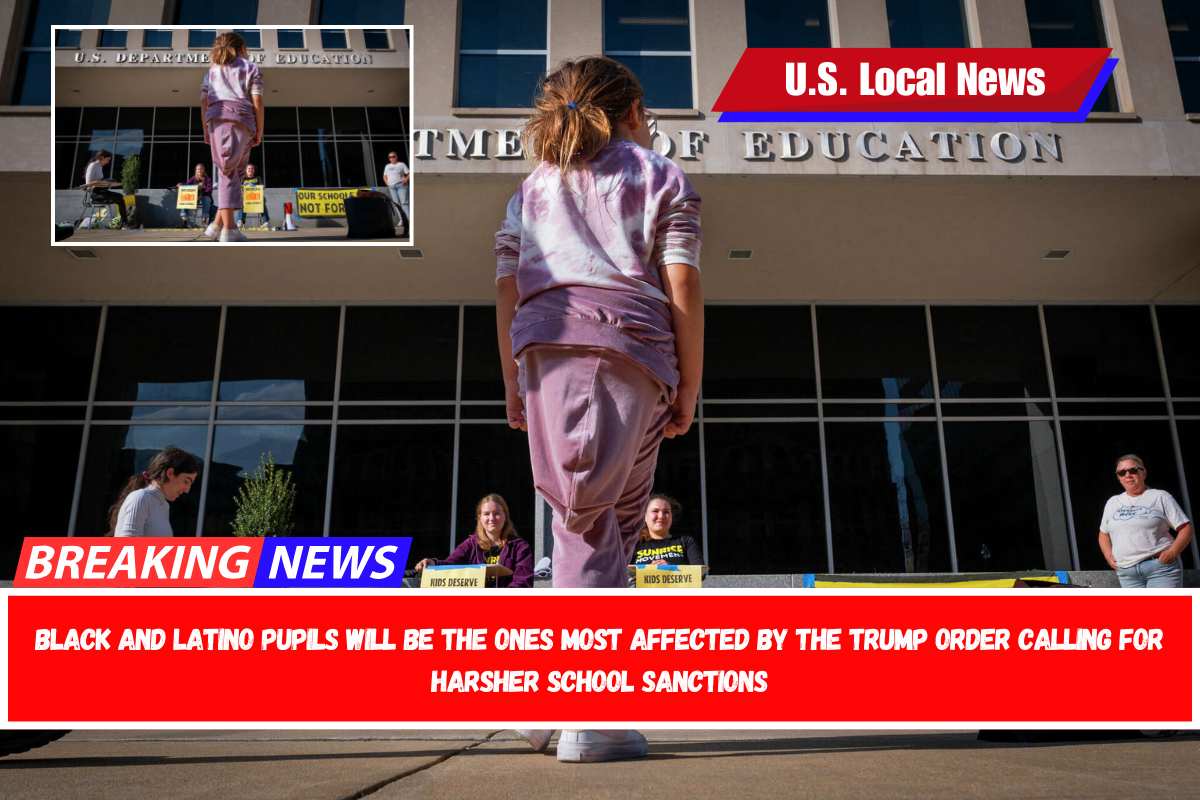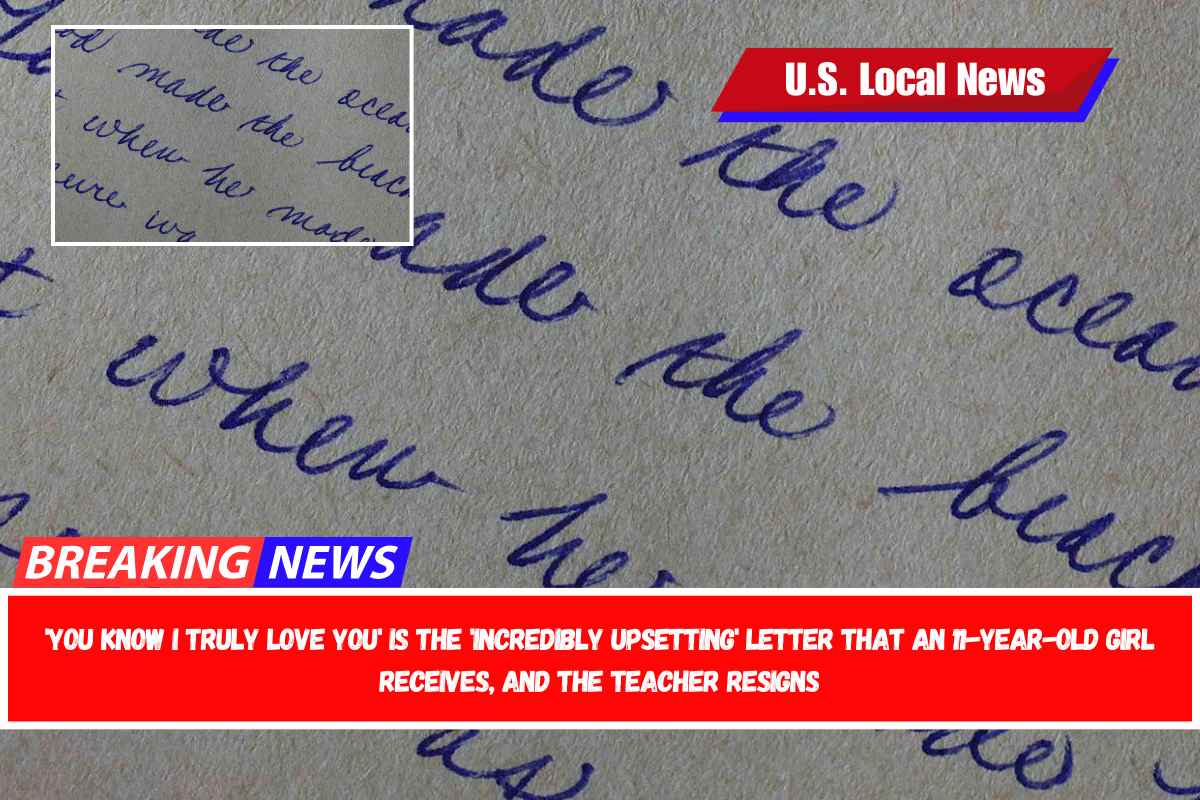On Thursday, President Donald Trump signed an executive order aimed at cutting federal funding for NPR and PBS, accusing the news outlets of producing biased coverage and “left-wing propaganda.”
Trump directed the Corporation for Public Broadcasting, which funds public broadcasters in the United States, to cut federal funding for NPR and PBS to the extent permitted by law. Congress provides only a small portion of the outlets’ funding; the rest comes from donors and sponsors.
The order’s immediate impact was unclear. The Corporation for Public Broadcasting, a taxpayer-funded private entity established by a congressional act, is funded two years in advance to protect itself from political maneuvering.
“CPB is not a federal executive agency subject to the president’s authority,” said Patricia Harrison, president and CEO of the Corporation for Public Broadcasting, in a statement released Friday. “Congress directly authorized and funded CPB to be a private nonprofit corporation wholly independent of the federal government.”
The executive order was the Trump administration’s latest action against what it described as biased public media. The White House posted a document on its website accompanying the order criticizing the two broadcasters’ coverage of, among other things, the COVID-19 pandemic and Hunter Biden, former President Joe Biden’s son.
Trump directed the Corporation for Public Broadcasting and all federal agencies to reduce indirect funding by prohibiting public radio and television broadcasters from using federal funds for PBS or NPR programming.
In March, the CEOs of NPR and PBS testified before Congress, in a contentious hearing in which Republicans chastised them for what they described as liberal bias.
The White House wants Congress to withdraw more than $1 billion in funding for the Corporation of Public Broadcasting over the next two years. Trump’s order on Thursday instructed the corporation’s board to “cancel existing direct funding to the maximum extent allowed by law” and “decline to provide future funding.”
Trump’s executive order is “blatantly unlawful,” according to Paula Kerger, president and CEO of PBS. “We are currently exploring all options to allow PBS to continue to serve our member stations and all Americans,” the spokesperson stated.
NPR stated earlier Friday that its editorial practices and decisions are independent of outside influences, including political parties.
“Eliminating funding for the Corporation for Public Broadcasting would have a devastating impact on American communities across the nation that rely on public radio for trusted local and national news, culture, lifesaving emergency alerts and public safety information,” according to a statement.
In an interview that aired this week, Kerger stated that the federal government provides approximately 15% of the total budget for public broadcasters.
“This is different than many other public broadcasters around the world, which are largely state-supported,” she said while appearing on “PBS NewsHour.” “We are not.”
Nonetheless, in 2011, NPR created a 36-page document outlining what would happen if the Treasury stopped cutting checks to the Corporation for Public Broadcasting. The document describes a fragile radio system that would take the blow poorly, with consequences for listeners across the United States.
The majority of public radio funding goes to independent member stations. That makes them more vulnerable than NPR, which reports receiving only 1% of its budget from Congress.
Public television in the United States is likely to be in worse shape because PBS receives a much larger portion of its budget from the federal government — approximately 15% of $373 million.
The Corporation for Public Broadcasting sued the Trump administration this week, accusing it of illegally attempting to fire three members of its board. The administration had not provided any justification for the dismissals.
